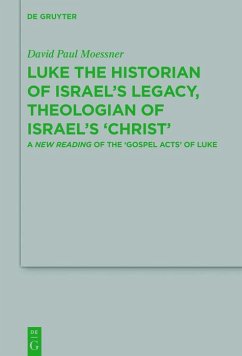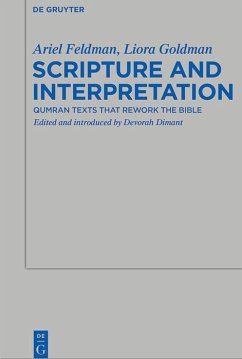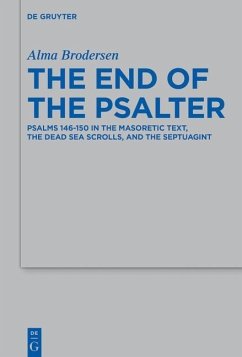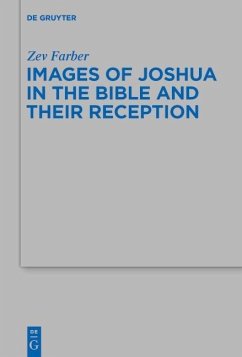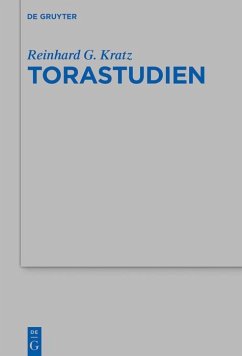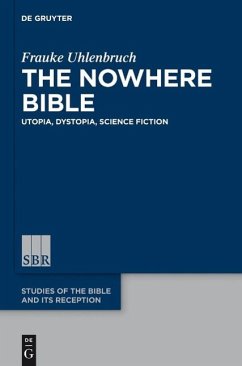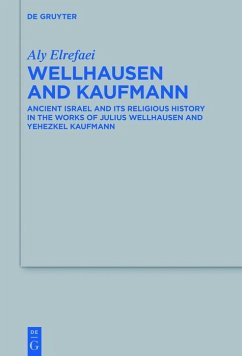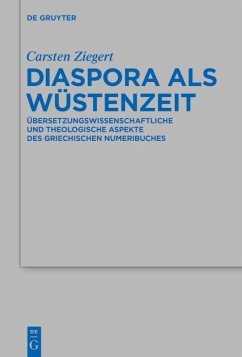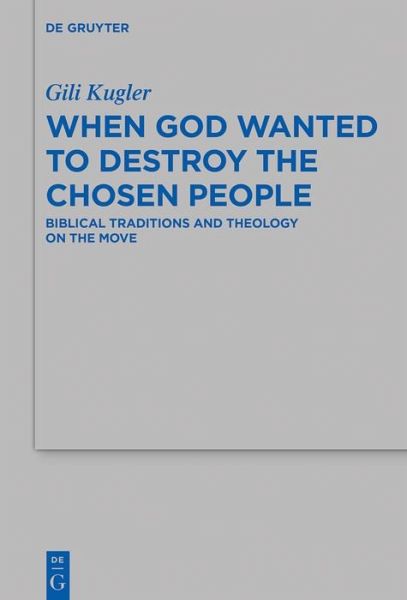
When God Wanted to Destroy the Chosen People (eBook, ePUB)
Biblical Traditions and Theology on the Move
Versandkostenfrei!
Sofort per Download lieferbar
87,95 €
inkl. MwSt.
Weitere Ausgaben:

PAYBACK Punkte
44 °P sammeln!
According to narratives in the Bible the threats of the people's end come from various sources, but the most significant threat comes, as learned from the Pentateuch, from God himself. What is the theological meaning of this tradition? In what circumstances did it evolve? How did it stand alongside other theological and socio-political concepts known to the ancient authors and their diverse audience?The book employs a diachronic method that explores the stages of the tradition's formation and development, revealing the authors' exegetical purposes and ploys, and tracing the historical realitie...
According to narratives in the Bible the threats of the people's end come from various sources, but the most significant threat comes, as learned from the Pentateuch, from God himself. What is the theological meaning of this tradition? In what circumstances did it evolve? How did it stand alongside other theological and socio-political concepts known to the ancient authors and their diverse audience?
The book employs a diachronic method that explores the stages of the tradition's formation and development, revealing the authors' exegetical purposes and ploys, and tracing the historical realities of their time.
The book proposes that the motif of the threat of destruction existed in various forms prior to the creation of the stories recorded in the final text of the Pentateuch. The inclusion of the motif within specific literary contexts attenuated the concept of destruction by presenting it as a phenomenon of specific moments in the past. Nevertheless, the threat was resurrected repeatedly by various authors, for use as a precedent or a justification for present affliction.
The book employs a diachronic method that explores the stages of the tradition's formation and development, revealing the authors' exegetical purposes and ploys, and tracing the historical realities of their time.
The book proposes that the motif of the threat of destruction existed in various forms prior to the creation of the stories recorded in the final text of the Pentateuch. The inclusion of the motif within specific literary contexts attenuated the concept of destruction by presenting it as a phenomenon of specific moments in the past. Nevertheless, the threat was resurrected repeatedly by various authors, for use as a precedent or a justification for present affliction.
Dieser Download kann aus rechtlichen Gründen nur mit Rechnungsadresse in A, B, BG, CY, CZ, D, DK, EW, E, FIN, F, GR, HR, H, IRL, I, LT, L, LR, M, NL, PL, P, R, S, SLO, SK ausgeliefert werden.





